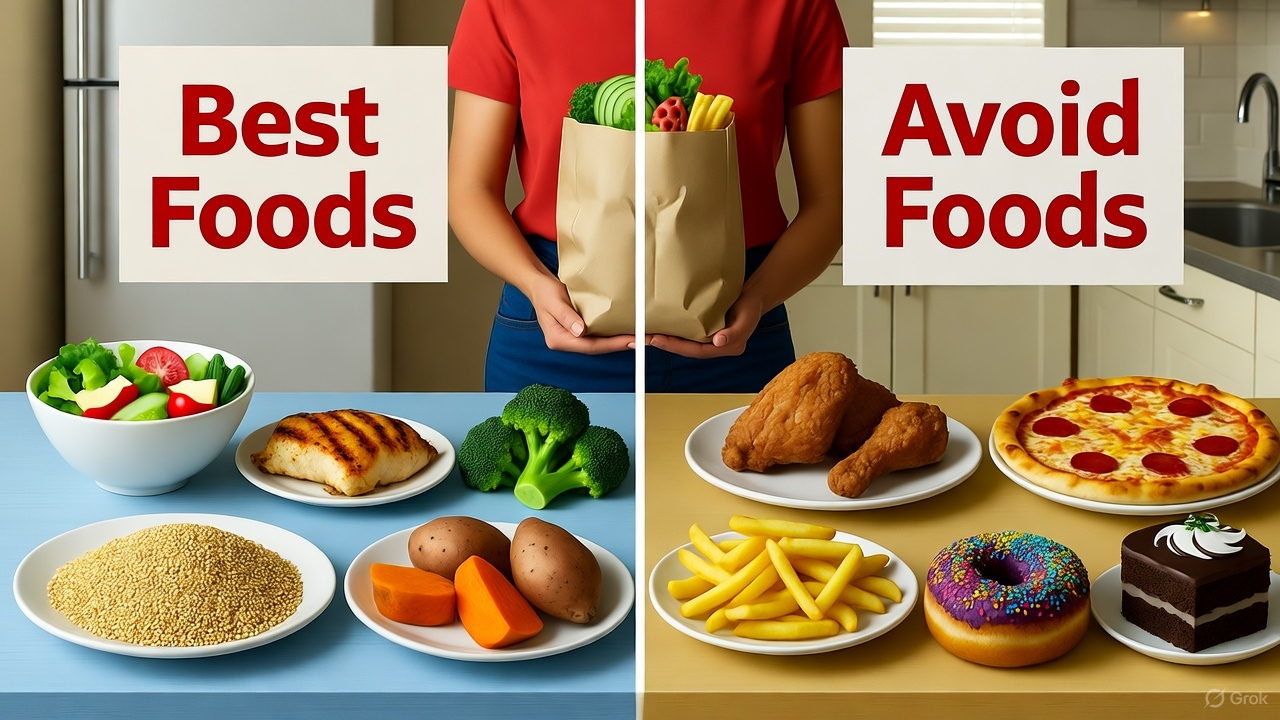
Post by : Anees Nasser
Zero waste living is no longer a niche lifestyle trend; it has become a movement toward a more sustainable future. The idea is simple: minimize waste by rethinking our consumption habits. However, for beginners, the transition can seem overwhelming. This guide aims to simplify the process, making zero waste living practical and realistic for everyday life.
Zero waste is not about producing absolutely no trash—it’s about striving to reduce waste as much as possible. The concept follows the five principles: Refuse, Reduce, Reuse, Recycle, and Rot. These pillars guide individuals toward mindful consumption and responsible waste management. While the ultimate goal is to avoid landfills, it’s important to understand that zero waste is a journey, not an overnight transformation.
Our planet is drowning in waste. From single-use plastics to overflowing landfills, the environmental cost of consumerism is staggering. According to global studies, millions of tons of plastic enter oceans annually, harming marine life and ecosystems. Zero waste living directly tackles this issue by encouraging individuals to consume consciously, reuse resources, and reduce dependency on disposables. It is a powerful way to combat pollution and climate change.
One reason many hesitate to embrace zero waste is the misconception that it’s expensive or time-consuming. Social media often portrays a picture-perfect image of glass jars filled with trash, creating unrealistic expectations. The truth? You don’t need fancy containers or bulk stores to start. Small, gradual changes—like refusing plastic bags or carrying a reusable bottle—can make a significant impact without straining your budget.
Before making changes, understand your current habits. Spend a week observing what you throw away. Identify patterns—whether it’s plastic packaging, food scraps, or single-use products. This will help you focus on areas that need the most attention.
Marketing often convinces us to buy things we don’t need. Start saying “no” to freebies, excessive packaging, and impulse purchases. Every unnecessary item avoided is one less piece of waste created.
Minimalism and zero waste go hand in hand. Buy only what you truly need. When shopping, prioritize quality over quantity. Durable goods last longer, saving both money and resources.
Invest in reusable alternatives: cloth shopping bags, stainless steel water bottles, bamboo toothbrushes, and cloth napkins. These swaps eliminate the need for single-use plastics, which are major contributors to pollution.
Food waste is a significant contributor to methane emissions in landfills. Composting is an easy solution—even if you live in an apartment, options like vermicomposting or bokashi bins make it possible.
Plastic Bags → Cloth Bags
Disposable Coffee Cups → Reusable Tumblers
Plastic Straws → Metal or Bamboo Straws
Paper Towels → Washable Cloths
Plastic Bottles → Stainless Steel Bottles
These simple swaps require minimal effort but create a substantial environmental impact over time.
Transitioning to zero waste is not without hurdles. Lack of bulk stores, time constraints, and societal norms can make it difficult. Don’t let perfectionism discourage you. Focus on progress, not perfection. Even small steps contribute to the bigger picture.
Contrary to popular belief, zero waste living can save money in the long run. While reusable products might seem expensive upfront, they last for years, reducing recurring expenses on disposables. Cooking at home, buying second-hand, and repairing items instead of replacing them are cost-effective strategies aligned with zero waste principles.
Individual efforts matter, but collective action amplifies impact. Join local zero waste communities or online groups to share tips, resources, and encouragement. Supporting businesses that prioritize sustainability sends a strong message to industries about consumer demand for eco-friendly practices.
Zero waste living goes beyond reducing personal waste. It challenges existing systems of overproduction and consumerism. By embracing this lifestyle, you contribute to a cultural shift that prioritizes sustainability over convenience. Governments and corporations are more likely to adopt eco-friendly policies when public demand aligns with environmental values.
Plan Ahead: Carry a reusable kit with essentials like a water bottle, cutlery, and bags.
Start Small: Focus on one swap at a time to avoid feeling overwhelmed.
Celebrate Progress: Every change, no matter how small, counts toward a sustainable future.
Educate Yourself: Follow blogs, podcasts, and documentaries on sustainability to stay motivated.
Zero waste living is not about perfection—it’s about intention. Every effort, from refusing a plastic straw to composting food scraps, creates ripples of positive change. While systemic changes are necessary for large-scale impact, individual actions remain a powerful tool in shaping a greener planet. Start where you are, use what you have, and take it one step at a time.
This article is intended for informational purposes only. Individual results may vary, and readers are encouraged to adapt tips based on their unique circumstances.










NBA Friday Recap: Powerhouse Wins for Miami, LA, Milwaukee, and Clippers
Miami, LA Lakers, Milwaukee, and Clippers triumphed in a thrilling NBA Friday, showcasing standout p

Doncic Shines with 49 Points in Lakers' 128-110 Victory over Timberwolves
Luka Doncic dazzles with 49 points as the Lakers secure a 128-110 win against the Timberwolves, show

Kings Triumph Over Jazz 105-104 with Last-Minute Sabonis Effort
The Sacramento Kings edged out the Utah Jazz 105-104, with Domantas Sabonis making the decisive shot

Argentina's Friendly Match Against India Delayed, New Date to be Announced
The friendly match between Argentina and India in Kochi has been postponed due to FIFA approval dela

Rohit and Kohli Conclude ODI Journeys in Australia with a Victory
Rohit Sharma and Virat Kohli bid adieu to Australian ODIs with a final win, forming a 168-run partne

George Russell's Wrestling Mask Antics at Mexican Grand Prix
George Russell donned a wrestling mask to enjoy the Mexican Grand Prix from the stands, providing a